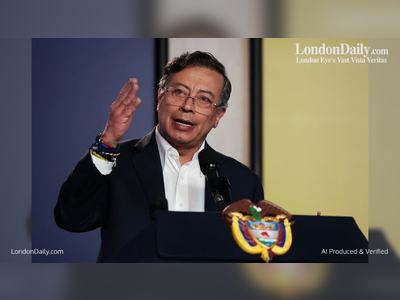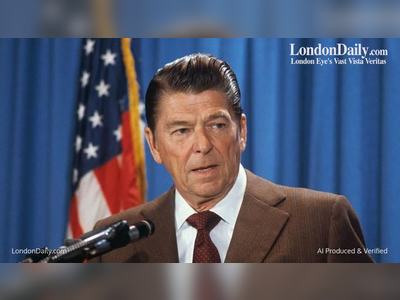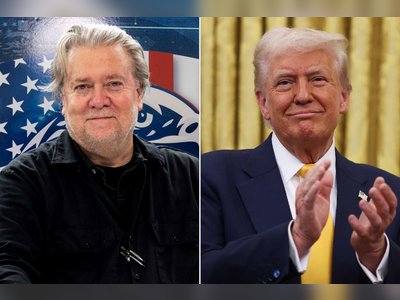United States and China Begin Constructive Trade Negotiations Ahead of Trump–Xi Summit
Washington describes first day of discussions between Scott Bessent and He Lifeng as “very constructive” as President Donald Trump clears way for new China tariffs and shifts focus to Canada
The United States and China commenced a new round of trade negotiations in Kuala Lumpur, with Treasury Secretary Scott Bessent and Chinese Vice-Premier He Lifeng meeting on the sidelines of an Asia-Pacific Economic Cooperation event.
The U.S. Treasury described Saturday’s first day of talks as “very constructive,” signalling a willingness to de-escalate tensions ahead of the planned meeting between President Donald Trump and President Xi Jinping next week.
The discussions touched on key issues in the bilateral economic relationship, including market access, industrial policy and export controls, though no formal agreement was announced.
Both sides indicated they expected talks to resume Sunday, with the U.S. emphasising that the window is open for progress ahead of the high-stakes summit.
On the same day, President Trump approved new tariffs targeting Chinese goods, while simultaneously criticising Canada’s trade practices and suspending talks with the Canadian government.
The move reflects Washington’s dual-track approach: engaging Beijing in dialogue while reinforcing pressure through trade measures.
In remarks to journalists, a U.S. Treasury spokesperson said the first-day meeting “has concluded.
It has been very constructive, and we expect it to resume in the morning.” The meeting took place at a prominent Kuala Lumpur skyscraper, underscoring the diplomatic setting of the encounter.
From Beijing’s side, Vice-Premier He described the engagement as “candid, in-depth and constructive” and highlighted the need to build mutual consensus and protect stability in bilateral economic relations.
Analysts note that while the tone is improved, many substantive issues remain unresolved — notably Beijing’s industrial subsidies, Chinese-state excess capacity and U.S. export controls on strategic technologies.
The tariff measures approved by Trump, meanwhile, signal that Washington remains prepared to wield trade policy as a lever even while negotiations proceed.
With the Trump–Xi summit scheduled to take place next week in South Korea, both capitals face the challenge of translating positive diplomatic language into concrete commitments.
The outcome could have broad implications for global supply chains, U.S. trade deficits and the trajectory of the world’s two largest economies.
The U.S. Treasury described Saturday’s first day of talks as “very constructive,” signalling a willingness to de-escalate tensions ahead of the planned meeting between President Donald Trump and President Xi Jinping next week.
The discussions touched on key issues in the bilateral economic relationship, including market access, industrial policy and export controls, though no formal agreement was announced.
Both sides indicated they expected talks to resume Sunday, with the U.S. emphasising that the window is open for progress ahead of the high-stakes summit.
On the same day, President Trump approved new tariffs targeting Chinese goods, while simultaneously criticising Canada’s trade practices and suspending talks with the Canadian government.
The move reflects Washington’s dual-track approach: engaging Beijing in dialogue while reinforcing pressure through trade measures.
In remarks to journalists, a U.S. Treasury spokesperson said the first-day meeting “has concluded.
It has been very constructive, and we expect it to resume in the morning.” The meeting took place at a prominent Kuala Lumpur skyscraper, underscoring the diplomatic setting of the encounter.
From Beijing’s side, Vice-Premier He described the engagement as “candid, in-depth and constructive” and highlighted the need to build mutual consensus and protect stability in bilateral economic relations.
Analysts note that while the tone is improved, many substantive issues remain unresolved — notably Beijing’s industrial subsidies, Chinese-state excess capacity and U.S. export controls on strategic technologies.
The tariff measures approved by Trump, meanwhile, signal that Washington remains prepared to wield trade policy as a lever even while negotiations proceed.
With the Trump–Xi summit scheduled to take place next week in South Korea, both capitals face the challenge of translating positive diplomatic language into concrete commitments.
The outcome could have broad implications for global supply chains, U.S. trade deficits and the trajectory of the world’s two largest economies.









